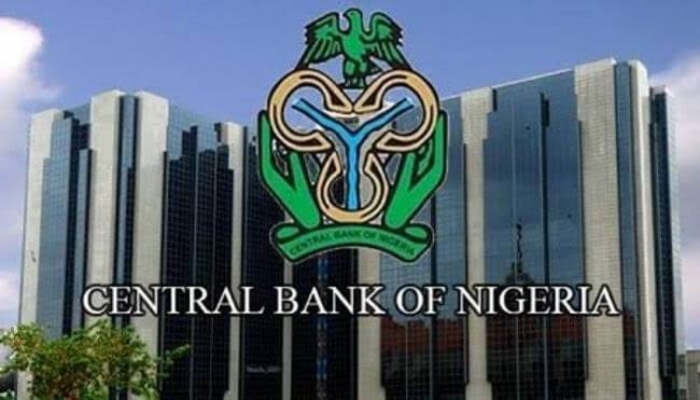The Central Bank of Nigeria (CBN) has increased the Monetary Policy Rate (MPR) by 150 basis points, bringing it to 26.25% from the previous 24.75%.
During a press briefing on the outcome of the 295th Monetary Policy Committee (MPC) meeting in Abuja, CBN Governor Olayemi Cardoso announced that the committee also retained the asymmetric corridor of +100/-300 basis points. Additionally, the MPC maintained the Cash Reserve Ratio (CRR) for Deposit Money Banks at 45% and the Liquidity Ratio at 30%.
Implications of the New Rate Hike on the Nigerian Economy:
1. Inflation Control: The primary objective of increasing the interest rate is to curb inflation. By raising the MPR, the CBN aims to reduce the money supply in the economy, thereby decreasing consumer spending and slowing down inflation. However, this could take time to materialize and may not immediately ease the current high inflation rates.
2. Cost of Borrowing: Higher interest rates will increase the cost of borrowing for businesses and consumers. This could lead to reduced investment and consumer spending, potentially slowing down economic growth. Small and medium-sized enterprises (SMEs), which rely heavily on loans, may face financial strain, impacting their operations and expansion plans.
3. Banking Sector Impact: The retention of the CRR at 45% means that banks will continue to hold a significant portion of their deposits with the CBN, limiting the funds available for lending. This, combined with the higher MPR, could lead to tighter liquidity conditions in the banking sector, making credit more expensive and less accessible.
4. Exchange Rate Stability: A higher interest rate can attract foreign investment in Nigerian bonds and other financial instruments, potentially strengthening the naira. Increased foreign capital inflows can help stabilize the exchange rate, reducing the cost of imports and easing pressure on inflation.
5. Consumer Impact: For consumers, the rate hike could mean higher interest rates on loans and mortgages, increasing monthly repayments and reducing disposable income. This could lead to lower consumer spending, affecting demand for goods and services, and potentially leading to slower economic activity.
6. Government Debt: The increase in the MPR will raise the cost of servicing government debt, as new borrowings will attract higher interest rates. This could strain government finances, especially if revenue collection does not improve correspondingly.
7. Investment Climate: The rate hike might have mixed effects on the investment climate. While higher interest rates can attract foreign investment due to better returns, the increased cost of borrowing and potential economic slowdown could deter domestic investment in productive sectors.
In summary, while the CBN's decision to raise the interest rate aims to tackle inflation and stabilize the economy, it also presents challenges such as increased borrowing costs, potential economic slowdown, and financial strain on consumers and businesses. Balancing these outcomes will be crucial for sustaining economic growth and stability in Nigeria.

































































